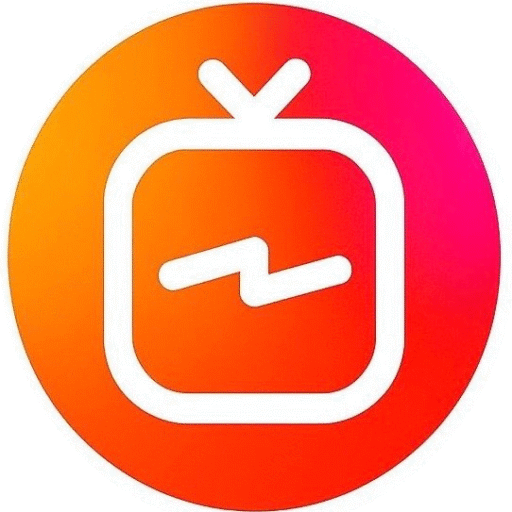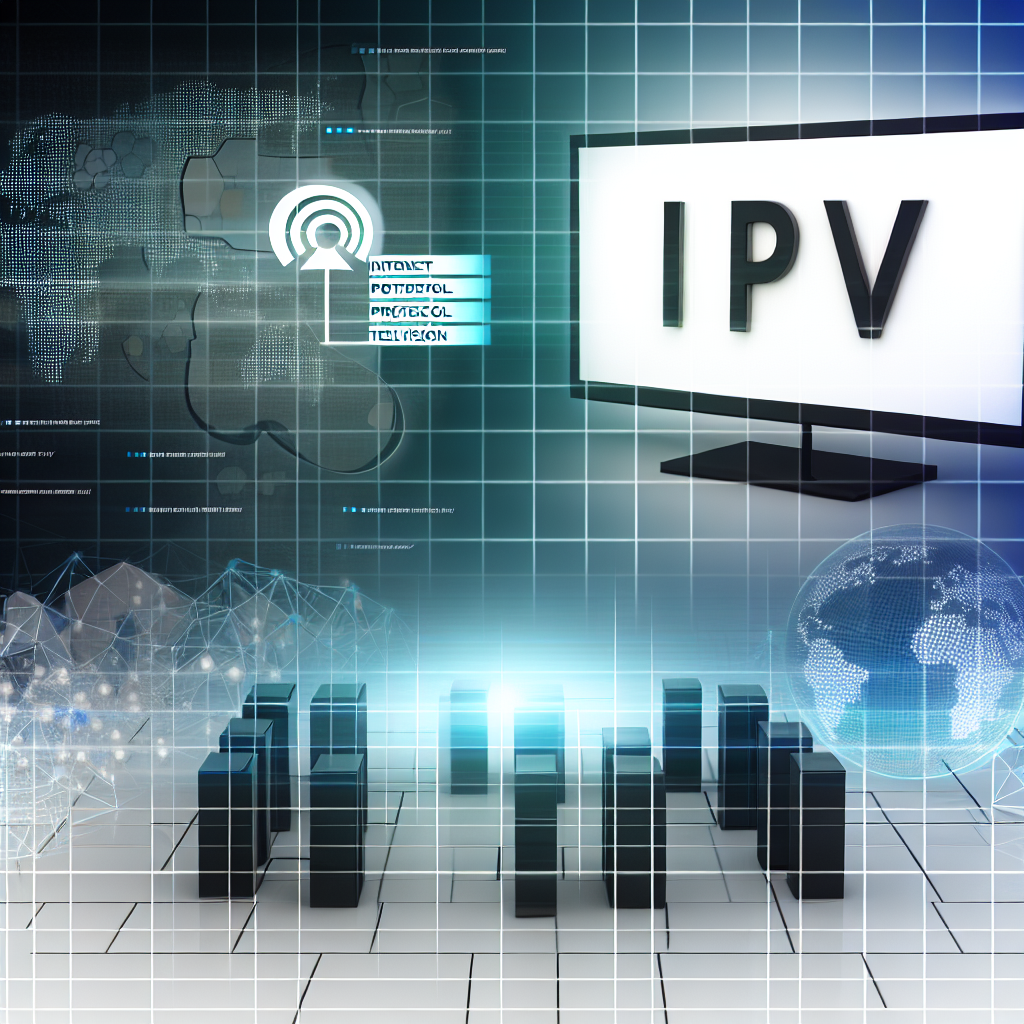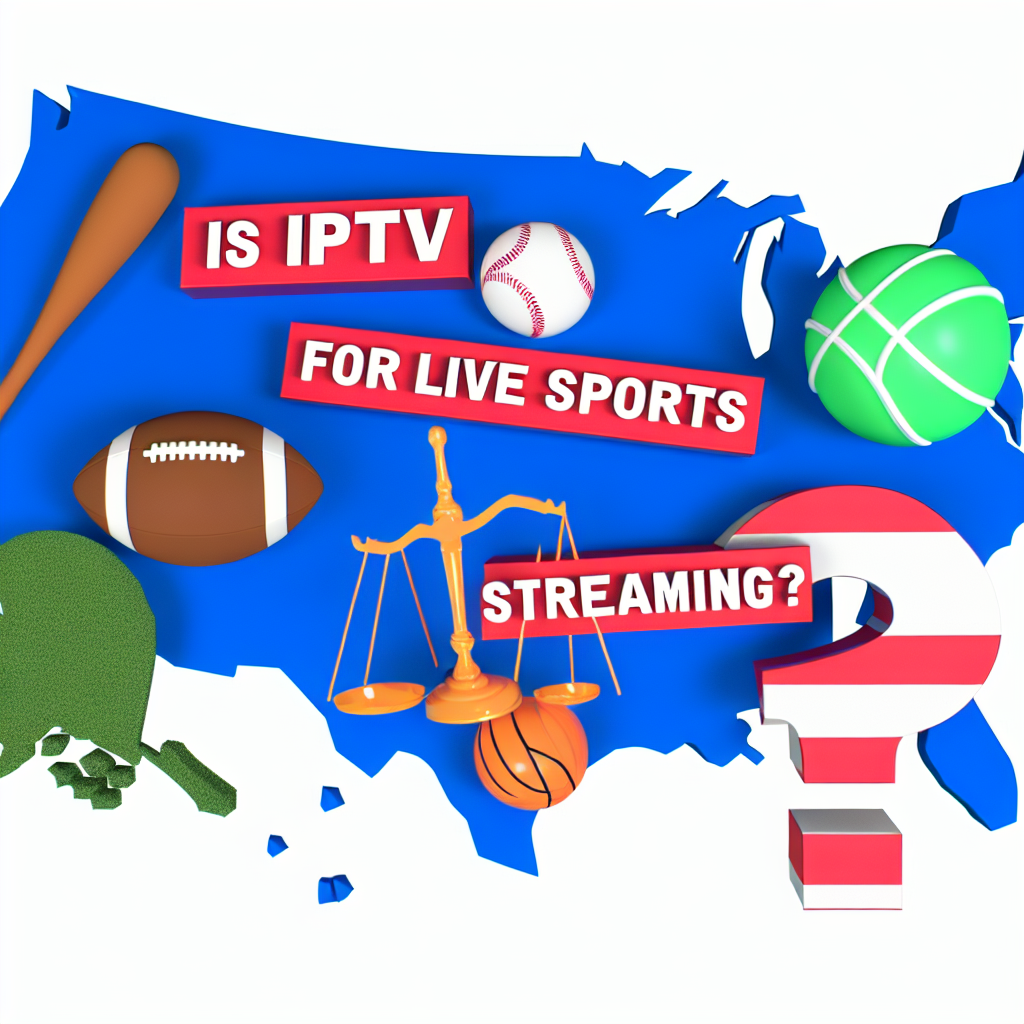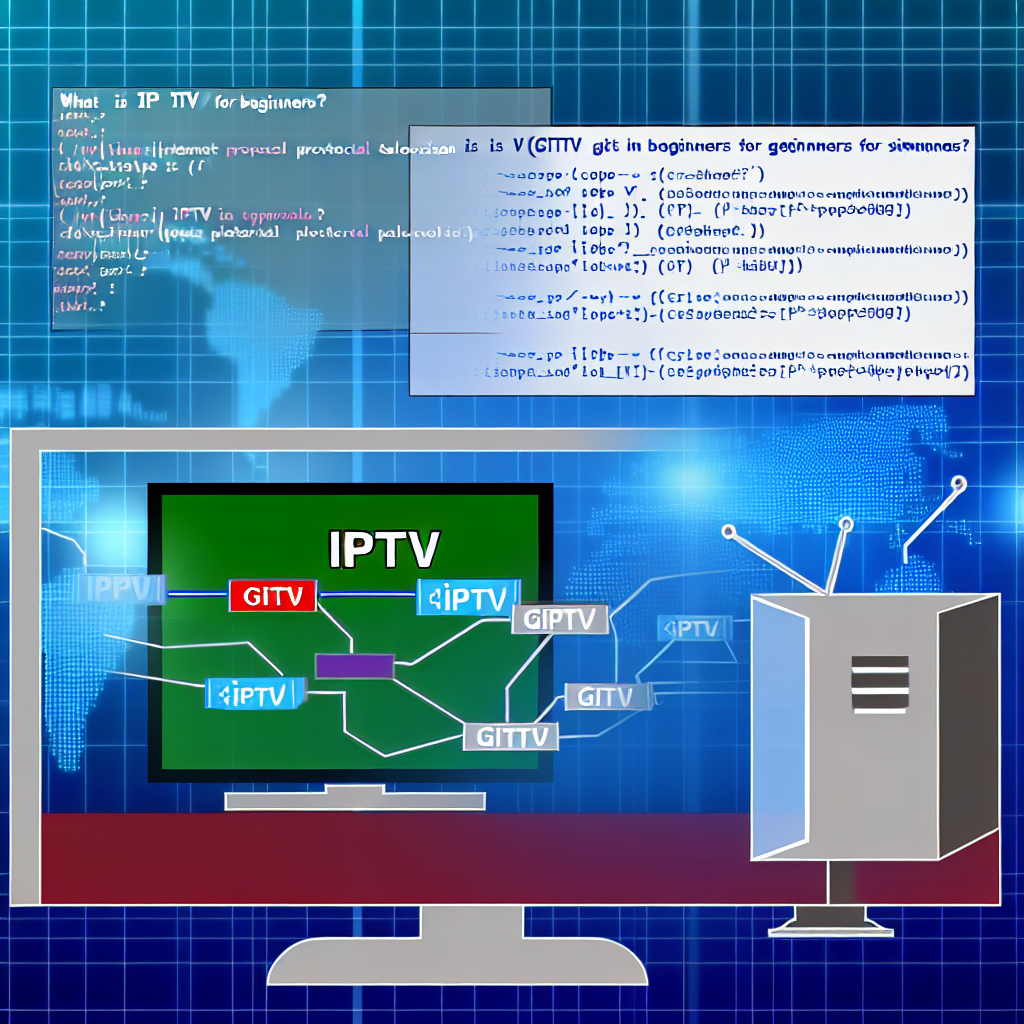What is an iptv and how does it work for streaming? Let’s explore this groundbreaking technology and how it’s revolutionizing entertainment.
Table of Contents
- What is IPTV?
- How Does IPTV Work?
- Types of IPTV Services
- Advantages of IPTV
- Devices Compatible with IPTV
- Best IPTV Apps
- IPTV vs. Traditional Cable TV
- Frequently Asked Questions
What is IPTV?
IPTV stands for Internet Protocol Television, a method of delivering television content over the internet rather than through traditional means like satellite or cable. By using your internet connection, IPTV streams video data to your device, allowing you to watch a wide variety of TV shows, movies, and live broadcasts.
What distinguishes IPTV from other streaming services is its ability to offer live television broadcasts as well as on-demand content. Essentially, if you have a stable internet connection, you can enjoy your favorite shows whenever you like, making the viewing experience highly flexible.
The evolution of technology has led many to question, “What is an iptv and how does it work for streaming?” With its ability to store content, provide on-demand services, and facilitate interactive features, IPTV has become a compelling alternative to traditional television.
How Does IPTV Work?
At its core, IPTV relies on a broadband internet connection to transmit video content. Unlike traditional broadcasting that delivers content through radio waves or cables, IPTV compresses video into packets of data that can be sent over the internet. Here’s a deeper look at how IPTV delivers content:
Video on Demand (VOD)
With **Video on Demand**, users can access a library of films and shows whenever they want. When you click on a title, the IPTV service retrieves the data from a server and streams the video to your device in real-time.
Live Television
The ability to watch live TV is one of the most attractive features of IPTV. This is achieved by broadcasting channels over the internet. The user selects a channel, and the IPTV provider streams the video content instantaneously.
Time-Shifted Television
Many **IPTV** providers offer time-shifted TV, allowing users to pause, rewind, or record live programs. This feature makes it simple to catch up on missed episodes or rewatch your favorite moments.
The technology behind IPTV utilizes several protocols to ensure smooth streaming:
- RTSP (Real-Time Streaming Protocol): Facilitates the real-time transfer of video.
- RTP (Real-Time Transport Protocol): Used to deliver audio and video.
- HTTP (Hypertext Transfer Protocol): Assists in content delivery over the internet.
With such innovative technology in place, you may be wondering if an IPTV FREE TRIAL is available to test out these features.
Types of IPTV Services
There are three primary types of IPTV services:
Live IPTV
Live IPTV allows users to stream live broadcasts, similar to traditional TV. It includes news, sports, and other live programming.
Time-Shifted IPTV
This service offers users the ability to watch shows they’ve missed at their convenience, with options to pause, rewind, or fast-forward content.
Video on Demand (VOD)
VOD services let users choose from a vast library of movies and series. A critical attribute of VOD is that you can watch what you want, when you want, without adhering to a schedule.
Several IPTV providers, including those outlined in the BEST IPTV section of IPTVLog, offer various combinations of these types.
Advantages of IPTV
Choosing IPTV over traditional TV has numerous advantages:
Wide Range of Content
IPTV services provide a collection of content that includes international channels, on-demand movies, and premium series. You can tailor your channel selections based on your preferences.
Flexible Pricing
Many IPTV providers offer competitive pricing compared to traditional cable companies. Users can often subscribe to only the channels they want, saving them money in the long run.
Interactive Features
IPTV often incorporates unique interactive features that traditional TV cannot. Users can participate in polls, view interactive ads, and even connect with fellow viewers.
Device Compatibility
Most IPTV services are compatible with various devices. Whether you’re using a smart TV, smartphone, tablet, or PC, you can easily access the content.
Given these advantages, your next question might be whether you’re ready to dive into the world of IPTV. With the IPTV SMARTERS PRO application, users can maximize their viewing experience with powerful features tailored for IPTV.
Devices Compatible with IPTV
The flexibility of IPTV extends to the diverse range of devices that can be used for streaming:
Smart TVs
Most modern Smart TVs can easily support IPTV applications. Users can download their preferred apps directly from the TV’s app marketplace.
Streaming Devices
Devices like Roku, Amazon Fire Stick, and Chromecast can also be used for IPTV. Simply install the IPTV app of your choice to start streaming.
Computers and Laptops
You can access IPTV directly through your web browser, or by downloading specific applications designed for Windows or macOS.
Mobile Devices
Smartphones and tablets have a vibrant ecosystem of IPTV apps available. This portability allows you to watch your favorite shows and channels on the go.
The wide-ranging compatibility of IPTV services provides users with unprecedented flexibility in how and where they consume media.
Best IPTV Apps
There are numerous IPTV applications available, each with unique features:
IPTV Smarters Pro
IPTV Smarters Pro stands out for its user-friendly interface and extensive feature set. It supports EPG (Electronic Program Guide) and lets users record live TV.
Kodi
Well-known for its versatility, Kodi allows users to install various IPTV add-ons, making it a powerful tool for streaming.
Perfect Player
Perfect Player offers a robust, customizable interface and supports both IPTV and local media files.
When choosing an IPTV app, be sure to consider the features that matter most to you, such as ease of use, library size, and compatibility with devices.
IPTV vs. Traditional Cable TV
As the entertainment landscape continues to evolve, understanding the differences between IPTV and traditional cable TV is crucial.
Cost
IPTV services are often less expensive than cable packages, which can come loaded with channels that users may not watch. With IPTV, you can pay for only what you need.
Content Variety
IPTV typically offers more international channels and on-demand options. You’re not confined to the limited selection often provided by cable services.
Technology and Features
Interactive features like on-demand content and the ability to watch across multiple devices are commonly available with IPTV but may not be as prevalent with traditional cable TV.
Overall, IPTV often provides a more modern and flexible viewing experience than cable TV.
Frequently Asked Questions
1. Is IPTV legal?
Yes, IPTV is legal as long as you’re using a service that has the rights to distribute the content. Always check with your IPTV provider to ensure they’re compliant with copyright laws.
2. What internet speed do I need for IPTV?
For a smooth streaming experience, a minimum of 10 Mbps is usually recommended. Higher speeds are suggested for multiple users and high-definition content.
3. Can I use IPTV on multiple devices simultaneously?
This largely depends on your IPTV provider’s policy. Many services offer plans that allow multiple screens, so it’s advisable to consult with them directly.
4. Do I need special equipment for IPTV?
Most users only need a compatible device and a stable internet connection. An IPTV box may enhance your experience, but it’s not mandatory.
5. What happens if my internet goes down?
Since IPTV relies entirely on internet access, if your connection goes down, so will your ability to stream content. It’s safest to have a backup internet solution if you rely on IPTV.
As you delve into the world of IPTV, this technology opens up new possibilities for how we consume media.
In conclusion, IPTV represents a significant shift in how we think about television and media consumption. Its flexibility, extensive content options, and affordability make it an enticing choice for many viewers. If you found this information helpful or know someone who could benefit from a comprehensive overview of IPTV, feel free to share this article.



